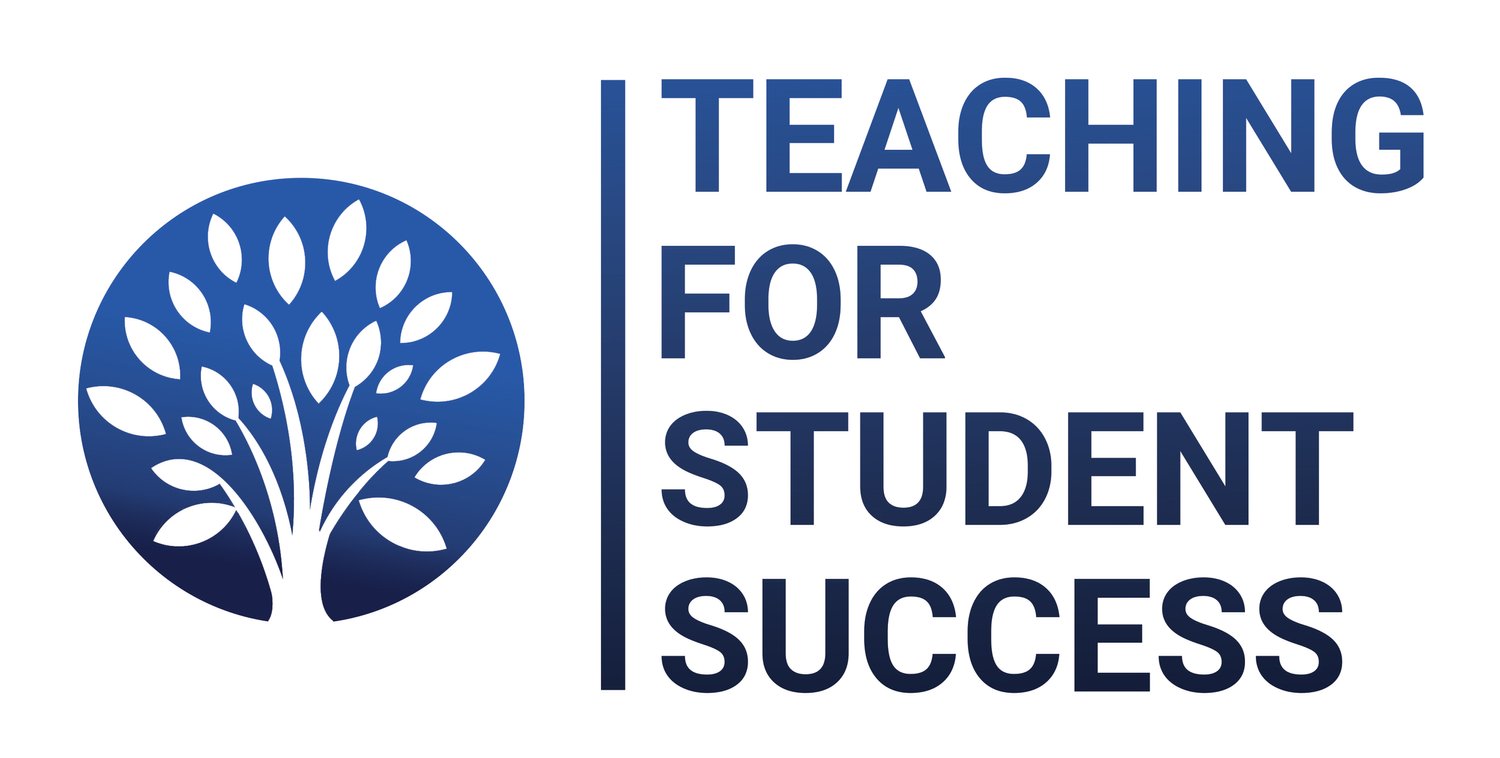Episode 8: Group Work with Peggy Brickman
Listen to full episode :
Thank you to Howard Hughes Medical Institute BioInteractive for providing these transcripts.
Group Work: What Could Go Wrong? (and how to make it right).
If you are interested in using group work in your courses but might be a bit intimidated, if you are using group work but are frustrated by it, if you have used group work but have sworn it off, I encourage any and all to listen to this two part series on the problems of group work and possible solutions.
In this episode I have a conversation with Dr. Peggy Brickman of the University of Georgia about group work but from an unusual perspective. Instead of discussing the evidence demonstrating the positive impacts of well-designed group work on student success, we discuss the problems of group work. These discussions may provide the encouragement you need to finally implement group, or may provide a solution to reduce your frustration with group work, or may convince you that group work is worth another try.
Listen and see.
References
Chang, Y., and P. Brickman (2018). When Group Work Doesn’t Work: Insights from Students. CBE—Life Sciences Education, 17(3), ar42. doi:10.1187/cbe.17-09-0199 https://www.lifescied.org/doi/full/10.1187/cbe.17-09-0199
Brickman, P., A. Lannen, and J. Beyette. (2021) What to expect with group work: Problems, frequency, and success of mediation. Journal of College Science Teaching. Vol. 50, No 3. 61-67.
Recommended Readings
Aggarwal, P., & O'Brien, C. L. (2008). Social Loafing on Group Projects: Structural Antecedents and Effect on Student Satisfaction. Journal of Marketing Education, 30(3), 255-264.
Brooks, C. M., & Ammons, J. L. (2003). Free Riding in Group Projects and the Effects of Timing, Frequency, and Specificity of Criteria in Peer Assessments. Journal of Education for Business, 78(5), 268-272.
Chapman, K. J., & Van Auken, S. (2001). Creating positive group project experiences: An examination of the role of the instructor on students’ perceptions of group projects. Journal of Marketing Education, 23(2), 117-127.
Davies, W. M. (2009). "Group work as a Form of Assessment: Common Problems and Recommended Solutions." Higher Education 58(4): 563-584.
Oakley, B., Felder, R. M., Brent, R., & Elhajj, I. (2004). Turning student groups into effective teams. Journal of student- centered learning, 2(1), 9-34.
Springer, L, S. Donovan, S., and Stanne, MC. 1999. "Effects of Small-Group Learning on Undergraduates in Science, Mathematics, Engineering, and Technology: A Meta-Analysis." Review of. Review of Educational Research 69 (1): 21-51.
Related Websites
CBE-Life Sciences Education Feature: Evidence-Based Teaching Guide of Group Work; https://www.lifescied.org/doi/full/10.1187/cbe.17-12-0258
https://lse.ascb.org/evidence-based-teaching-guides/group-work/
Team Based Learning Collaborative: http://www.teambasedlearning.org Contains video descriptions, resources, and how to use things like group readiness assessment tests.
CATME https://www.catme.org/login/index Demographic surveys to form diverse groups and anonymous peer evaluation of team members’ contributions.
Hal White’s videos, University of Delaware “PBL Groups in Action” can be found on the bottom of this page: https://www.itue.udel.edu/resources/pbl-resources

